Infection and Immunity nieuws
Dec 16: Over 5 million for cell and gene therapy
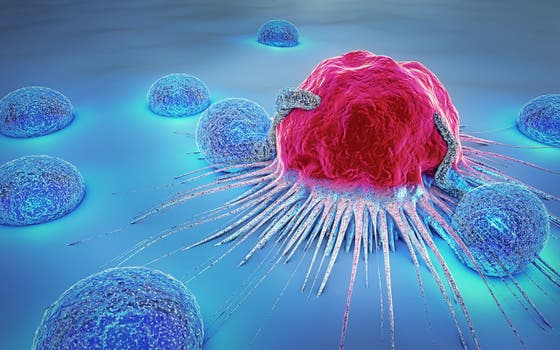
The new national platform DARE-NL has received a grant of €5.3 million from the Dutch cancer fund KWF Kankerbestrijding. UMC Utrecht is the driving force behind the platform. DARE-NL will improve the availability of cell therapy and gene therapy. In this way, more patients can make use of these innovative treatments.
Read moreDec 15: Marjolein de Bruin-Weller appointed as Professor of Atopic Dermatitis
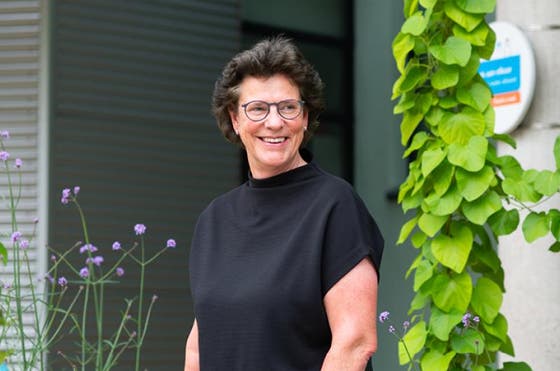
Marjolein de Bruin-Weller has as of December 15, 2021 been appointed Professor of Atopic Dermatitis at Utrecht University/UMC Utrecht. The chair will be positioned within the Department of Dermatology & Allergology, one of seven clinical departments of the Division of Internal Medicine and Dermatology. It aims to further develop the multidisciplinary patient care as well as clinical and translational research in atopic dermatitis.
Read moreDec 13: Corona nasal self-test sufficiently reliable in symptomatic people, but not reliable in absence of symptoms
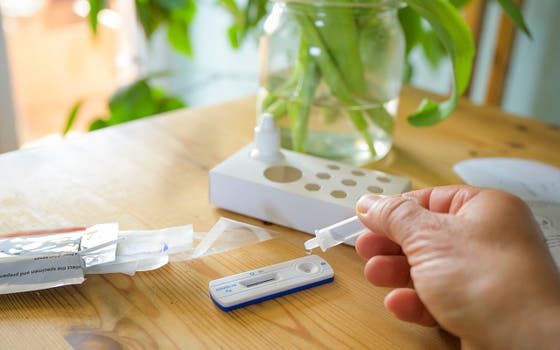
Recent Dutch research has shown that the corona antigen nasal self-test is sufficiently reliable if, at the time of testing, a person has symptoms or complaints that fit a corona infection, but not in the absence of symptoms or complaints. In addition, the saliva self-test, which requires spitting into a tube, appears to be insufficiently reliable regardless of the presence or absence of symptoms.
Read moreNov 26: Multiomics approach provides deeper insight in pathologic mechanisms in systemic sclerosis
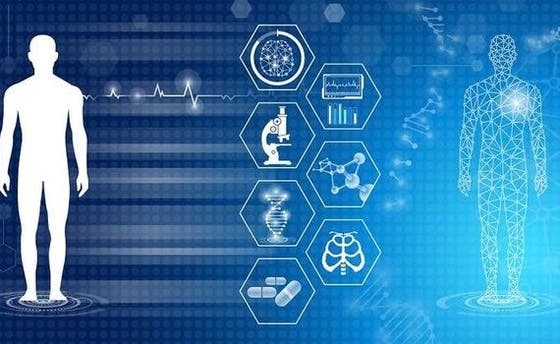
A multiomics approach provided new and deeper insights in the pathologic mechanisms of systemic sclerosis (SSc). One identified key factor was the modulation of inflammation-related pathways in innate immune cells (monocytes and dendritic cells). This innovative approach is expected to pave the way toward personalized treatment of SSc patients. This was concluded by Nila Servaas (UMC Utrecht) in her PhD thesis that she defended on November 25.
Read moreNov 19: Killing bacteria by ‘drilling’ holes in their cell wall

It is well-known that bacteria can be killed by specific proteins of the human immune system (called ‘complement’ proteins) that can create pores in the bacterial cell wall. PhD student Dennis Doorduijn from UMC Utrecht investigated, on a molecular level, how this pore formation takes place and how certain bacteria can evade this killing mechanism. He concludes that these insights provide interesting clues on how to develop new anti-bacterial therapies.
Read moreNov 17: Corona vaccines seem less effective in Down syndrome
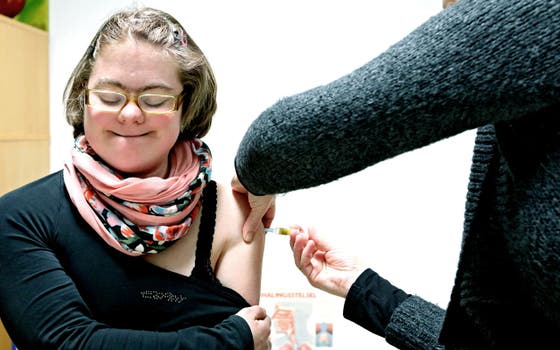
Research by UMC Utrecht into the immune system after administration of a corona vaccine in adults with Down syndrome shows that they may be less well protected after two vaccinations. Based on, amongst others, this research, the Dutch Health Council today advised the Ministry of Health, Welfare and Sport (VWS) to offer all adults with Down syndrome a booster vaccination at an accelerated pace.
Read moreNov 9: PrIMAVeRa, a new ambitious project to demonstrate how vaccines can combat antimicrobial resistance

The Innovative Medicines Initiative 2 (IMI2) Joint Undertaking mobilises more than € 9 million to support PrIMAVeRa, a new public-private partnership dedicated to harnessing the power of big data and AI to steer the fight against antimicrobial resistance.
Read moreNov 8: Beyond Skepticism – inaugural lecture Olaf Cremer as professor of ‘Clinical epidemiology of sepsis’
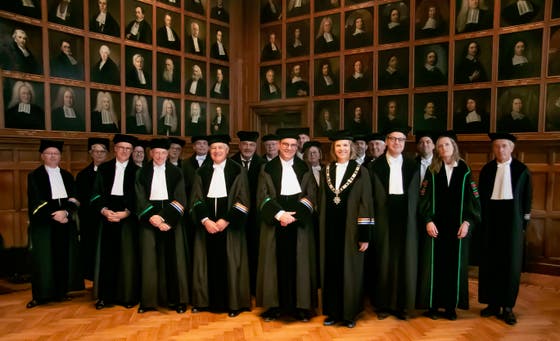
On Friday, November 5, 2021, intensive care physician Prof. Dr. Olaf Cremer delivered his inaugural lecture on the occasion of his appointment as professor of 'Clinical epidemiology of sepsis' at UMC Utrecht. In his lecture, Cremer argued that the use of the term sepsis as a catch-all term is now doing more harm than benefit to progress in the research field and should therefore be avoided. In addition, scientific research into sepsis is patchy and too few replication studies are performed.
Read moreNov 4: Whole genome sequencing can improve resilience against antimicrobial resistant bacteria
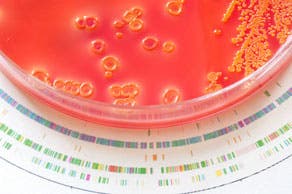
By applying whole genome sequencing (WGS) in research, surveillance, and in the future in patient care of hospitalized patients, can improve resilience against antimicrobial resistant bacteria, specifically ESBL-producing Escherichia coli. This was concluded by Tess Verschuuren in her research project for which she received a PhD from Utrecht University on November 4, 2021.
Read moreNov 2: Better insight in the RS virus with new European project
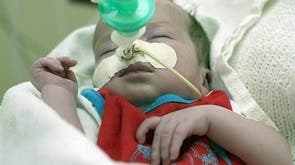
UMC Utrecht, RIVM and Nivel are collaborating on setting up a European network to investigate the respiratory syncytial virus (RS virus). In this network, European health organizations and laboratories will exchange information about the spread of the RS virus, which will provide a better view of the virus. The network will also monitor the effect of interventions that help to defend against the RS virus, such as future vaccinations. The network is part of a European research project called PROMISE. The official start of the project was on November 1, 2021. In the Netherlands, RIVM and UMC Utrecht are involved as partners.
Read more